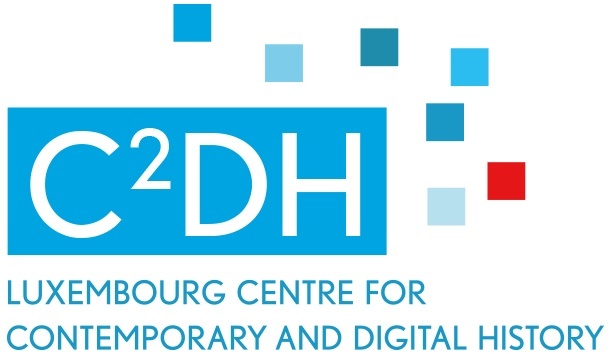
- This event has passed.
DTU skills training ‘Database Structures’
16 November 2017 - 17 November 2017
DTU skills training on “Database Structures” 16-17 November, 2017
What are (big) data? What are databases? What are database structures? What can we do with them? This skills training provides an introduction to different database systems and applications, and how to work with them in historical research. The training day offers an introduction to hand-curated data, and the various ways it can be stored: blog entries, text files, presentations, office documents, Wikis, note-taking software, spreadsheets, SQL databases. We will look at what data is, how to gather and encode it, how to link it back to its point of origin, how to normalize it, and what to do if you need more than the software supports. The training’s second day approaches the topic of database structures from the perspective of big data. It provides an overview of current trends in distributed data management. We will have a look at how different data forms (incl. text, XML and JSON) can be handled by open-source libraries and directly be processed in a distributed environment using the Apache Spark platform.
The training is dedicated to PhD candidates with an interest in database structures, big data, data modelling, and data management.
| Date and time | 16-17 November 2017, 09h00 – 17h30 |
| Location | Room 2.180, Maison du Savoir (MSA) |
| Credits | 1 ECTS |
| Category | Transferable skills |
| Organizers | Prof. Dr. Martin Theobald, Dr. Robert C. Kahlert (KU Leuven) |
| Learning outcomes / objectives | Participants are introduced to different database structures and how to work with them in historical research. |
| Course organization | The training gives an introduction to working with database structures and systems as one of the fundamental skills in digital historical research. The course consists of two intensive training days with a mixture of theoretical discussions and hands-on experiments. |
After the training, participants will engage in a collaborative exercise. The objective of this exercise is to write a self-reflexive report, in which students reflect on their training learning experiences and, if possible, how to apply them in their own research projects.
This course is organized by the Doctoral Training Unit (DTU) on Digital History & Hermeneutics. Please register by 1 November, 2017 via Moodle. For more information, please send an e-mail to DTU coordinator Tim van der Heijden (tim.vanderheijden@uni.lu).


